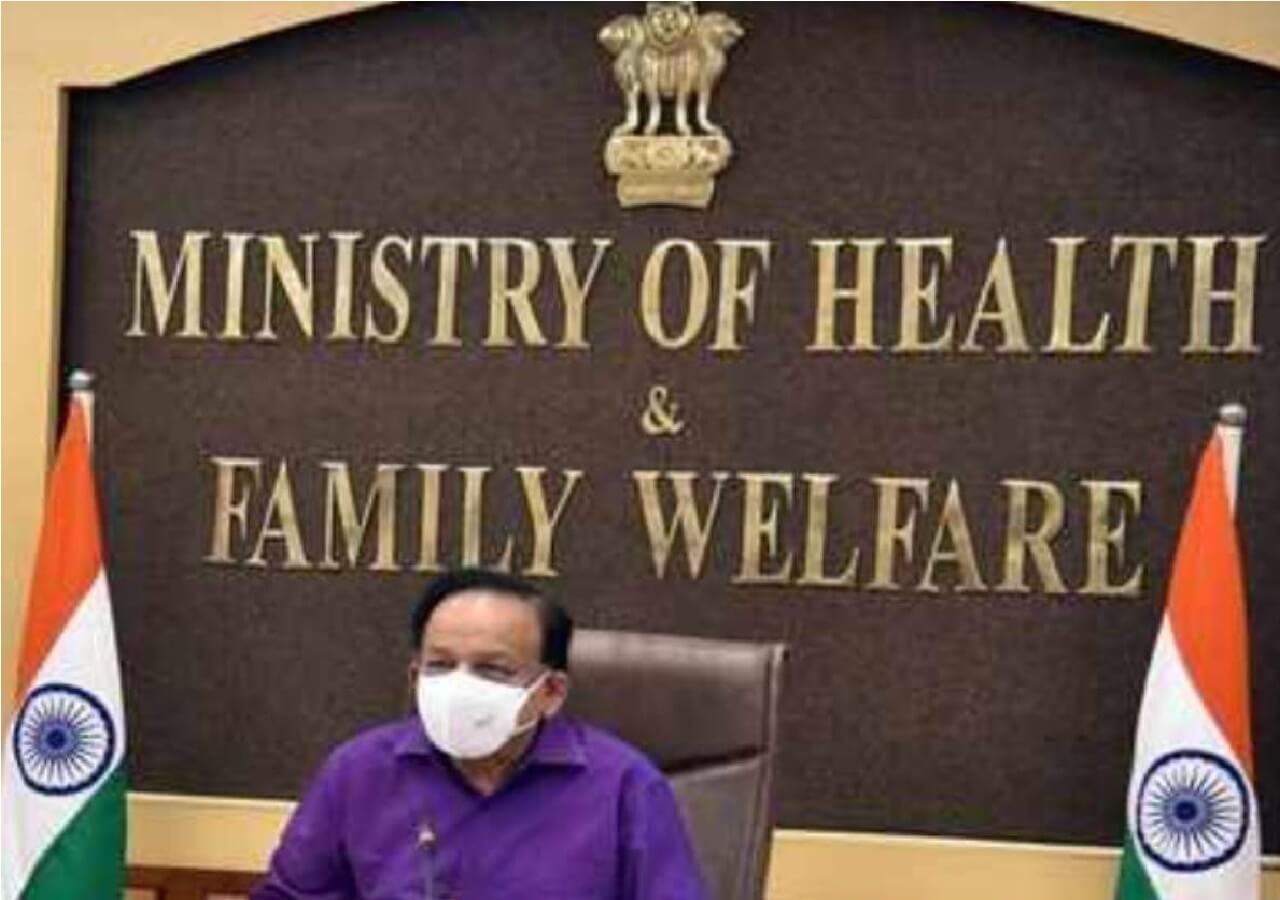Health
Are you looking after Covid-19 infected people? Follow these instructions given by Health Ministry to keep yourself from being infected
The Ministry of Health and Family Welfare has rolled out revised guidelines and instructions for the caregivers of Covid-19 infected people. Read it here:

Health
Karwa Chauth 2025 moonrise time: Biohacking the fast from sunrise to moonlight for better health
Karwa Chauth 2025 fast offers not only spiritual fulfilment but also scientifically proven health benefits — from improved metabolism and hormonal regulation to enhanced longevity and mental clarity.
Health
Sadhguru’s 30% diet challenge: Spiritual leader explains how eating more fruits can transform your digestion and mental clarity
Sadhguru’s 30% diet challenge urges people to eat more fresh fruits daily. From better digestion to steady energy, here’s how this change can improve your life.
Health
Is winter really a silent threat for diabetics and hypertensive patients? Risks you need to know
-

 India News17 hours ago
India News17 hours agoMK Stalin predicts frequent PM Modi visits to Tamil Nadu before assembly election
-

 Latest world news17 hours ago
Latest world news17 hours agoIndia eyes Rs 8,000 crore mid-air refuelling aircraft deal as PM Modi begins Israel visit
-

 Latest world news3 hours ago
Latest world news3 hours agoPM Modi reaffirms support for Israel, recalls 26/11 victims in Knesset address
-

 Latest world news2 hours ago
Latest world news2 hours agoCanada softens stance on alleged Indian interference ahead of PM Carney’s India visit
-

 India News2 hours ago
India News2 hours agoPM Modi crosses 100 million followers on Instagram, first world leader to achieve milestone
-

 Latest world news2 hours ago
Latest world news2 hours agoPM Modi and Netanyahu pledge deeper defence, trade ties during Israel visit
-

 India News2 hours ago
India News2 hours agoOver 5,000 tribals join BJP in Assam’s Goalpara ahead of elections




